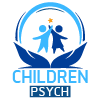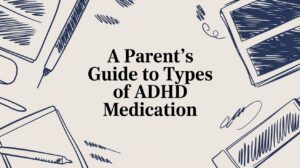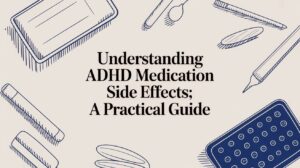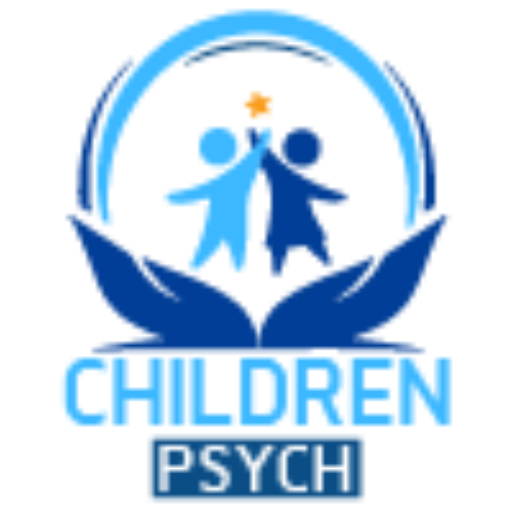Mental health is an important issue that deserves more attention. Unfortunately, it is often shrouded in myths and misconceptions. In this blog post, we will debunk some of the most common myths about children and mental health. We will also discuss why it is important to address these myths and how they can impact children’s lives.
In this generation, children’s mental health is often overlooked. A lot of people think that children are resilient and they will get over any hurdle life throws their way. However, this is not always the case. Just like adults, children can also suffer from mental health problems. These problems can range from mild to severe and can have a significant impact on a child’s life.
Children nowadays need more attention and parents need to make sure that their children are happy and mentally healthy. There are a lot of things that can trigger mental health problems in children, such as bullying, peer pressure, academic pressure, and family problems. It is important to be aware of these factors and to talk to your child about their feelings.

If you think your child might be suffering from a mental health problem, it is important to seek professional help. Mental health problems can be treated and children can get the help they need to lead happy and healthy lives.
Parents these days often have more time spent at work and less time with their children.
It is essential to have a good relationship with your child and to be there for them when they need you. You should try to spend time with your children every day, even if it is just for a few minutes. This will help you to bond with them and to stay connected.
It is also important to talk to your children about their mental health. Let them know that it is okay to feel sad, angry, or scared sometimes. Encourage them to talk to you about their feelings and help them to find ways to cope with their emotions.
Children should also be taught how to identify when they are feeling overwhelmed or stressed. They should know that it is okay to ask for help when they need it.
Encouraging children to talk about their mental health can help to reduce the stigma around mental illness. It can also help children to understand their feelings and to seek help when they need it. By debunking the myths about children and mental health, we can create a more open and understanding world for our children.
One of the most common myths about children and mental health is that children are too young to experience mental health problems. This could not be further from the truth. Mental health problems can occur at any age, even in infancy. In fact, one in five children aged three to 17 years old suffers from a diagnosable mental disorder.
Myth #1: Children are too young to experience mental health issues.
Fact: Mental health problems can occur at any age, including in childhood. In fact, according to the National Institute of Mental Health, one in five children aged three to 17 years old has a diagnosable mental health disorder. This means that mental health is not just an issue that adults face, but one that children can also experience.
Myth #2: Mental health problems are just a phase that children will grow out of.
Fact: While some mental health disorders may improve over time, others may persist into adulthood. It is important to understand that mental health is a real and serious issue and not just a phase that children will eventually grow out of.
Myth #3: Only bad children have mental health problems.
Fact: Mental health disorders can affect any child, regardless of their age, gender, or background. Mental health problems are not caused by bad parenting or bad behavior. They are real medical conditions that need to be treated.
Myth #4: Mental health problems are not real.
Fact: Mental health disorders are real, and they can have a serious impact on children’s lives. If left untreated, mental health disorders can lead to problems in school, at home, and in relationships. Children with mental health disorders may also be at risk for developing other problems, such as substance abuse.
It is important to address these myths about children and mental health, as they can have a serious impact on children’s lives. If you suspect that your child may be experiencing a mental health disorder, please seek professional help. Mental health disorders are treatable, and there is no shame in seeking help for your child.
Resources:
- National Institute of Mental Health: Mental Health in Children and Adolescents (link)
- Mayo Clinic: Children’s mental health: What parents need to know (link)
- American Academy of Pediatrics: Helping Your Child with Anxiety or Depression (link)
Thank you for reading! We hope that this blog post has helped to debunk some of the myths about children and mental health. If you have any questions or concerns, please feel free to contact us. We are here to help!




